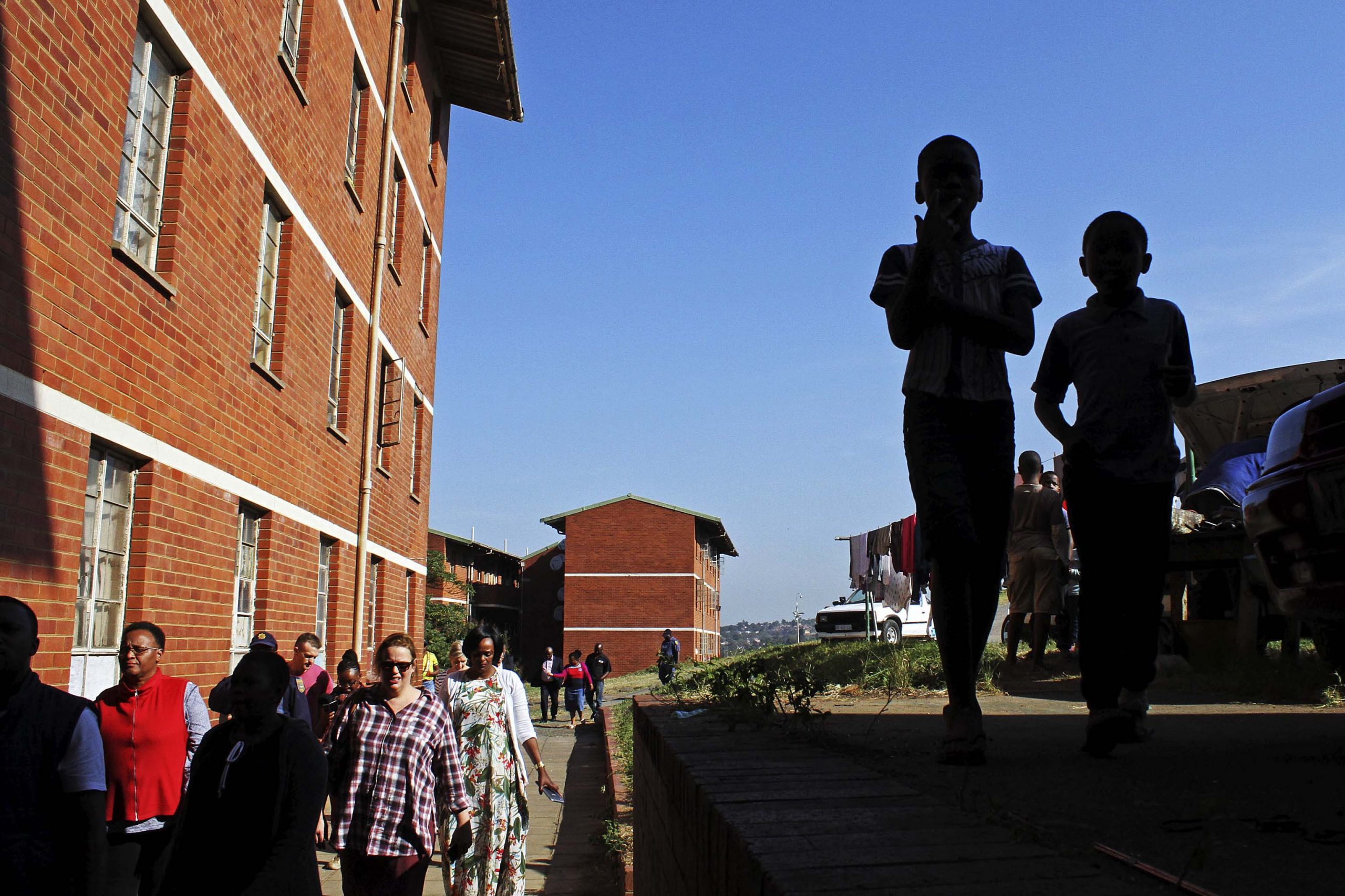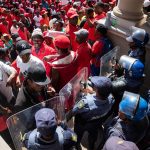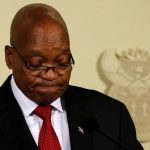Political assassinations: A call to action
Legal repercussions for those accused of political murders are a ray of democratic hope after years of escalating assassinations, mostly carried out with impunity.
Author:
25 March 2019

The single-minded obsession with corruption that has gripped much of the elite public sphere has often masked other important aspects of our social reality. One of these is the rapid escalation in political assassinations in recent years.
The problem is deeply serious. In 2013 a study by David Bruce, a respected and credible researcher, found that there had been at least 450 political assassinations in South Africa since the end of apartheid, the bulk of them in KwaZulu-Natal (download the full PDF here).
An article in The New York Times in September last year noted that more than 90 politicians had been assassinated in South Africa since 2016, again with the majority in KwaZulu-Natal. In some reports a figure in excess of one thousand assassinations since the end of the apartheid has been offered.
For a long time the problem was largely ignored or only given cursory attention in the elite public sphere. However, the establishment of the Moerane Commission in October 2016 directed a significant degree of public attention towards the issue. This was certainly a welcome development. The Commission also had the merit of acknowledging that political assassinations are not solely, as is often assumed, a matter of contestation over positions and resources within the African National Congress (ANC). People organising outside of the ruling party have also been subject to assassination.
Abahlali baseMjondolo has suffered the most, with its leaders being subject to repeated assassination in Durban since 2013. But other organisations have also suffered killings. In August 2014 three leaders in the National Union of Metal Workers of South Africa (Numsa) were assassinated in Isithebe, two hours North of Durban. In January 2016 two members of the South African Communist Party (SACP) were assassinated in Inchanga, outside of Durban. Members of the SACP were also assassinated in Mpumalanga in 2012, and in Durban in 2014 and 2015. The chairperson of the Amadiba Crisis Committee in Mbizana in the Eastern Cape was assassinated in 2016.
Related article:
Political assassinations, carried out with what appears to be a politically sanctioned degree of impunity, predate Jacob Zuma’s ascent to the Presidency. Two former SACP members were assassinated in Umlazi, Durban, in 2006 after deciding to run an independent candidate in the local government elections.
However, there is no doubt that the situation worsened dramatically during the locust years of Jacob Zuma’s rule. The presentation of corruption as a concrete form of emancipation and the general militarisation of the political imagination functioned to sanction political violence as, in the eyes of its perpetrators, a defence of the struggle rather than what it is – a profound betrayal of the highest values to animate the struggles against apartheid.
By the end of Zuma’s rule it seemed that political assassinations had become an entrenched feature of public life, with serious consequences for democracy. In many other societies the normalisation of political violence has been extremely difficult to reverse and activists were often becoming deeply pessimistic about the prospects for a democratic resolution of our deepening social crisis. It became difficult to see a viable future beyond the domination of an increasing violent and predatory elite. In Durban the language of popular organisation and struggle was increasingly infused with a fatalism about the inevitability of death.
Related article:
In recent years grassroots activists in Durban have taken to regularly referring to a number of local councillors as “gangster councillors”. Some senior people in the ruling party, including people in the municipality and the province, have been referred to in similar language. As time has passed this assessment has also found some traction in the elite public sphere, with some of the most senior people in the ruling party being publicly referred to in similar terms.
For years the ANC spoke as if assassinations were a purely criminal matter, something external to the party. But in 2016 when, after a tenacious struggle from below, three men were finally convicted for the murder of Abahlali baseMjondolo leader Thuli Ndlovu in 2014, two of the three men convicted and jailed were ANC councillors. It became clear to even the most naïve that, in at least certain cases, the term “gangster councillor” had some merit.
Last week it was reported that the Hawks had questioned Mthunzi Gumede, the spokesperson for eThekwini Mayor Zandile Gumede, in connection with political assassinations. In recent days two ANC mayors in smaller towns in KwaZulu-Natal have been arrested in connection with political assassinations.
These events have sent shockwaves through the local party structures in the province, and an electric surge of hope into activist networks. While it’s too early to conclude that there is a definitive shift against impunity for political assassinations these are certainly encouraging signs.
A moment of possibility has opened and it must be seized. It is vital that all democratic forces in society lend their weight to the demand that every single political assassination be investigated and, where possible, prosecuted, with rigour and without fear or favour. If we cannot resolve this problem we will have no prospect of a genuinely democratic future.


